MONDAY - An Open Window: Black Female Directors Across the Diaspora
Programmed by: Erisa Apantaku and J. Michael Eugenio
“There’s something really important about stories about Black women and girls being told by Black women. [They] give you a reflection, as opposed to an interpretation, of what our lives are like.”
-Ava DuVernay
Work by contemporary Black women directors such as Dee Rees, Nia DaCosta, and Ava DuVernay is on the rise in the past decade. These directors have received recognition and wide releases, leading to a resurrection and rebirth of work from predecessors like Julie Dash and Kasi Lemmons. But there is always more to uncover. Black women have been involved in filmmaking since the origin of the medium, and their films exist across the Black Diaspora. From documenting political resistance to personal struggle, the short and feature-length films in this series demonstrate the myriad aesthetics employed by Black women directors to tell their stories over the past five decades. In “An Open Window,” we invite you to take a glimpse into work that has often been left unseen.
Sponsored by South Side Projection and Arts + Public Life
7:00PM Monday, March 28th
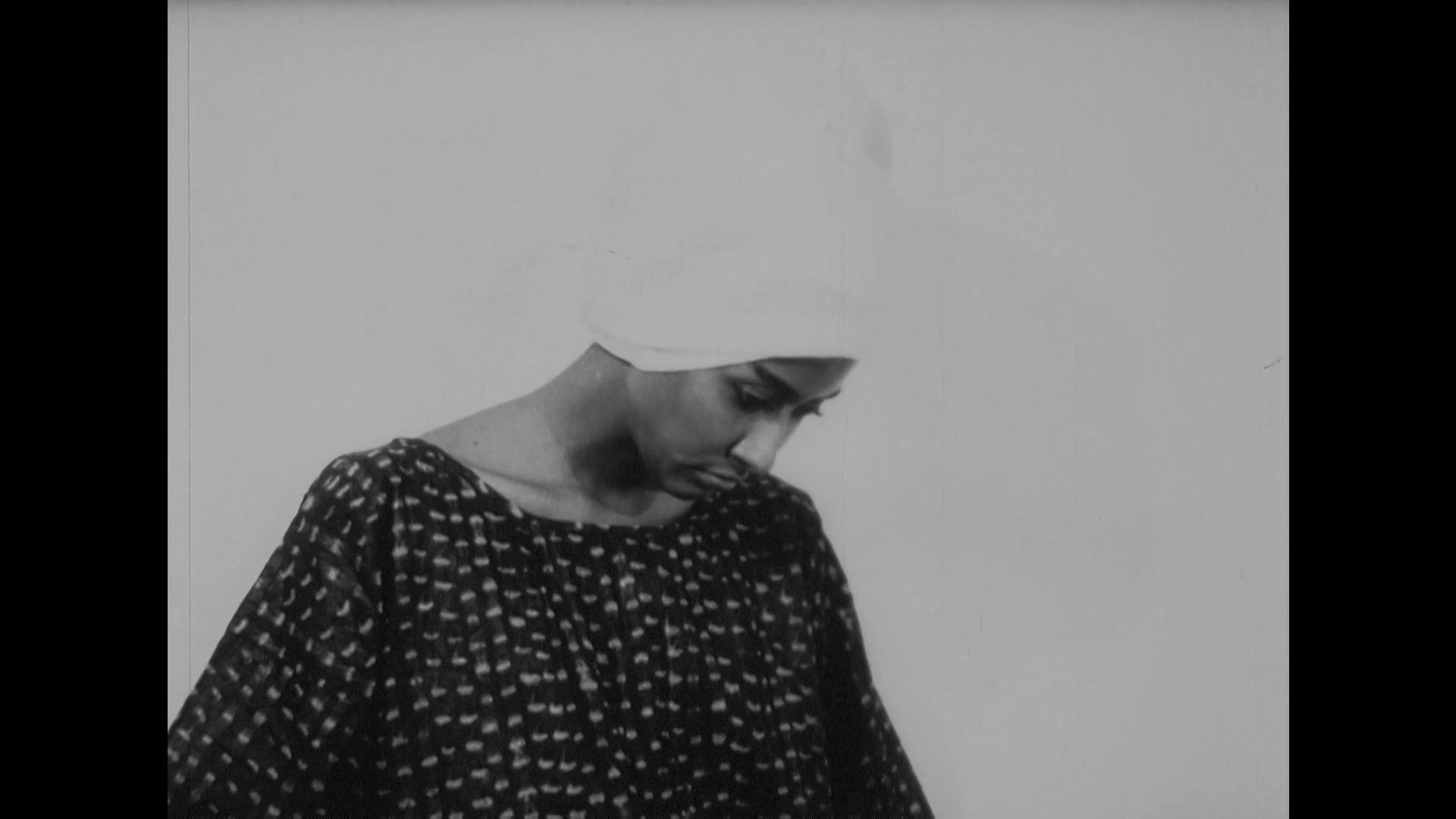
Monangambee (1968) // A Dessert For Constance (1981) // Leon G. Damas (1995)
Sarah Maldoror // Sarah Maldoror // Sarah Maldoror · 18m // 61m // 24m · DCP // Digital // DCP
“To Sarah Maldoror… / who, / camera in hand, / fights oppression, / alienation / and defies / human bullshit.” — Aimé Césaire. In tribute to the late Sarah Maldoror: her first and favorite film, Monangambee, named after the Angolan anti-colonial call for a village meeting; her first TV film, A Dessert for Constance, full of immigrant joy, homesickness, and solidarity; and her impassioned Léon G. Damas, meditating on the Négritude poet.
Part of a screening of MONANGAMBEE, A DESSERT FOR CONSTANCE, and LEON G DAMAS. Sponsored by South Side Projections and Arts + Public Life.
7:00PM Monday, April 4th
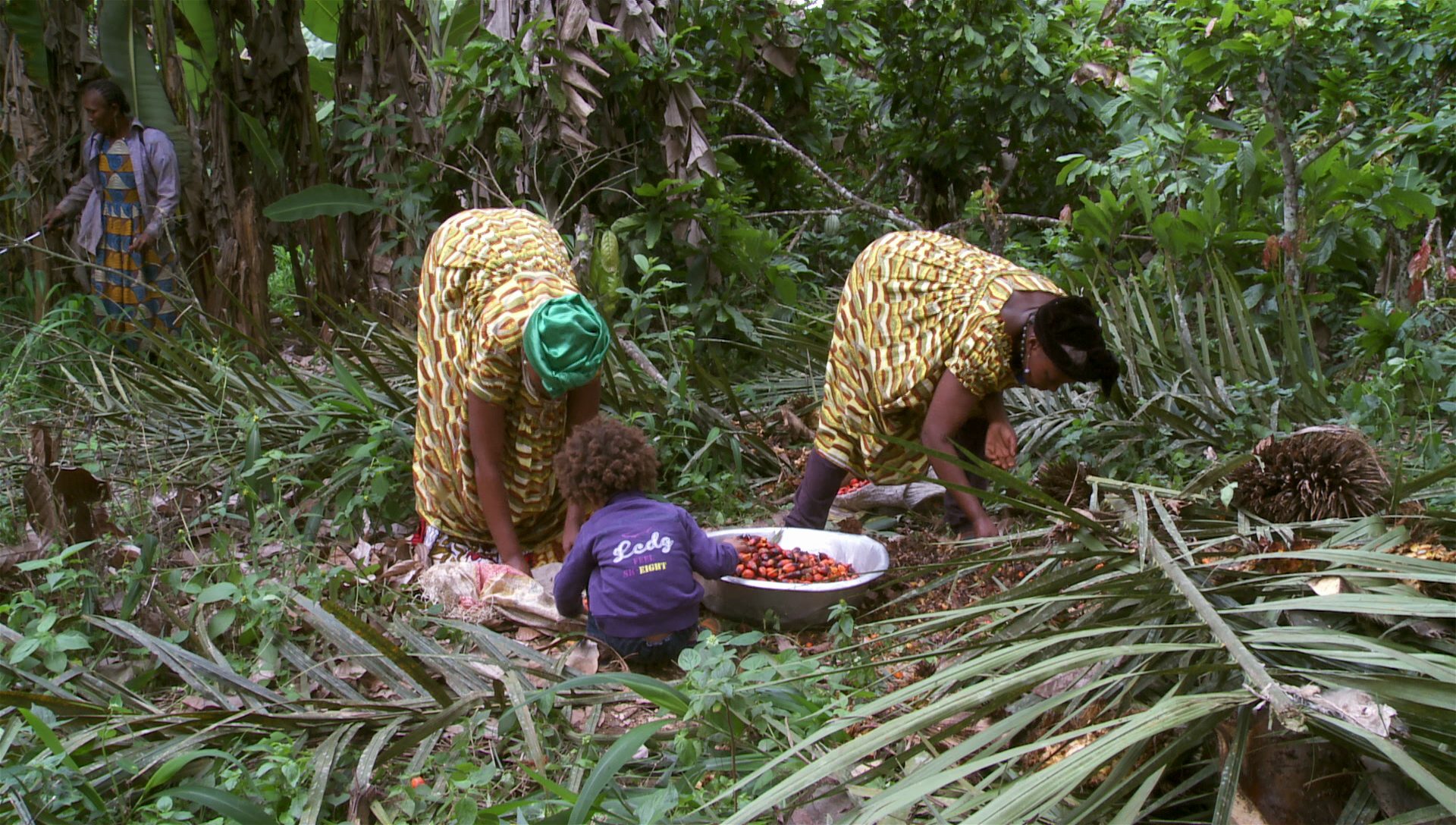
The Two Faces of a Bamileke Woman (2018)
Rosine Mbakam · 76m · DCP
In Two Faces of a Bamiléké Woman, writer-director Rosine Mbakam composes an intimate documentary account of life from a woman's perspective in Cameroon. Told through interactions with her mother, Mbakam traces the different cultures in the village she was born in and the capital city, Yaoundé. The women recount horrific tales from the French colonial war and from their arranged marriages, but Mbakam finds solidarity in their shared struggle.
Sponsored by South Side Projection and Arts + Public Life
7:00PM Monday, April 18th
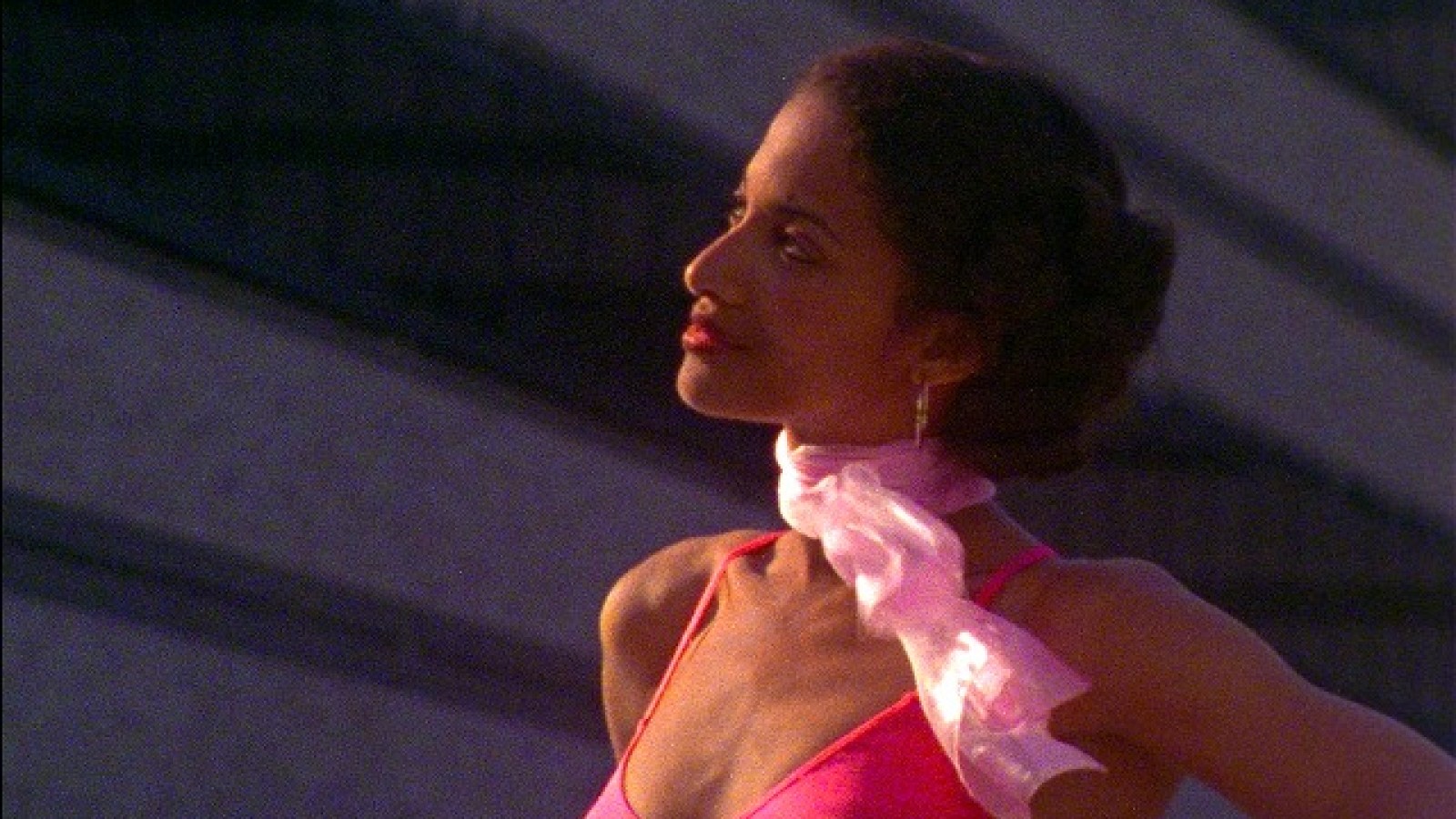
Losing Ground (1982)
Kathleen Collins · 86m · DCP
Sponsored by South Side Projection and Arts + Public Life
7:00PM Monday, April 25th
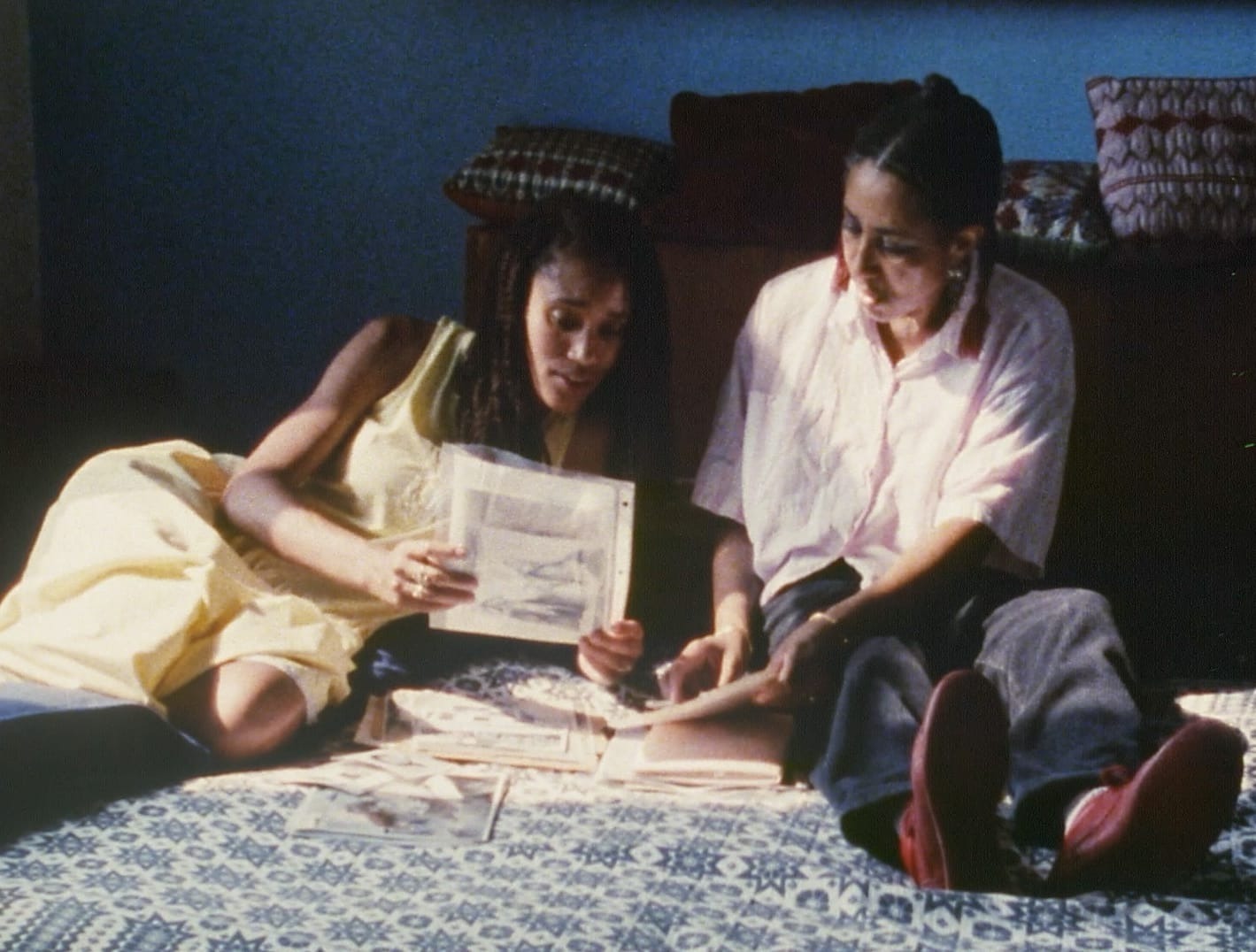
Remembering Wei Yi-Fang, Remembering Myself (1995) // Finding Christa (1991)
Yvonne Welbon // Camille Billops and James Hatch · 29m // 55m · 16mm // Digital
In Remembering Wei Yi-fang, Chicago-born filmmaker Yvonne Welbon’s inventive exploration of ancestral lineage, Welbon contrasts her grandmother’s experience of racism migrating from Honduras to South Dakota with her own years living in Taiwan. Camille Billops’ Finding Christa explores family history and the process of giving her child up for adoption through family photos, home videos, brutally honest interviews with family, and surreal interludes.
Sponsored by South Side Projection and Arts + Public Life. With introductory remarks by the director Yvonne Welbon.
7:00PM Monday, May 2nd
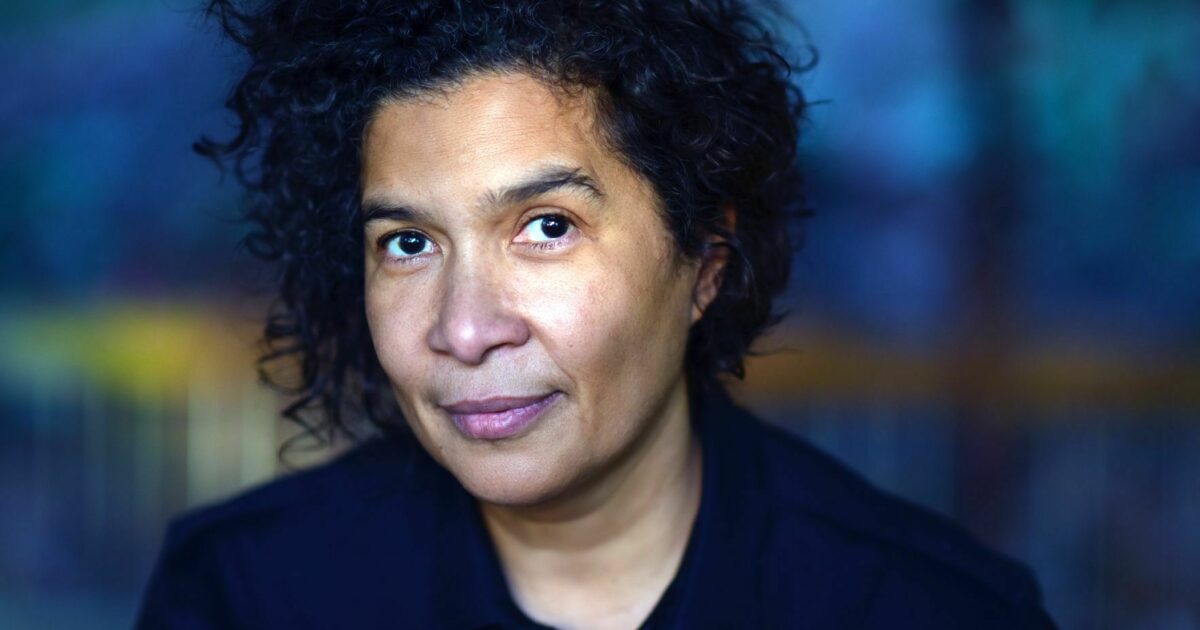
Black Nations/Queer Nations? (1995) // The Potluck and the Passion (1993) // She Don't Fade (1991) // An Untitled Portrait (1993)
Shari Frilot // Cheryl Dunye // Cheryl Dunye // Cheryl Dunye · 114m // 30m // 23m // 3m · Digital
In Black Nations/Queer Nations? Shari Frilot, artist and chief curator of Sundance’s New Frontier Program, documents the 1995 conference that brought together LGBTQ organizers, scholars, and cultural workers. This experimental documentary is followed by four shorts by Cheryl Dunye (director of the classic lesbian film The Watermelon Woman), showcasing how she blends documentary elements into fiction to express issues of identity, sexuality, and race.
Sponsored by South Side Projection and Arts + Public Life
7:00PM Monday, May 9th
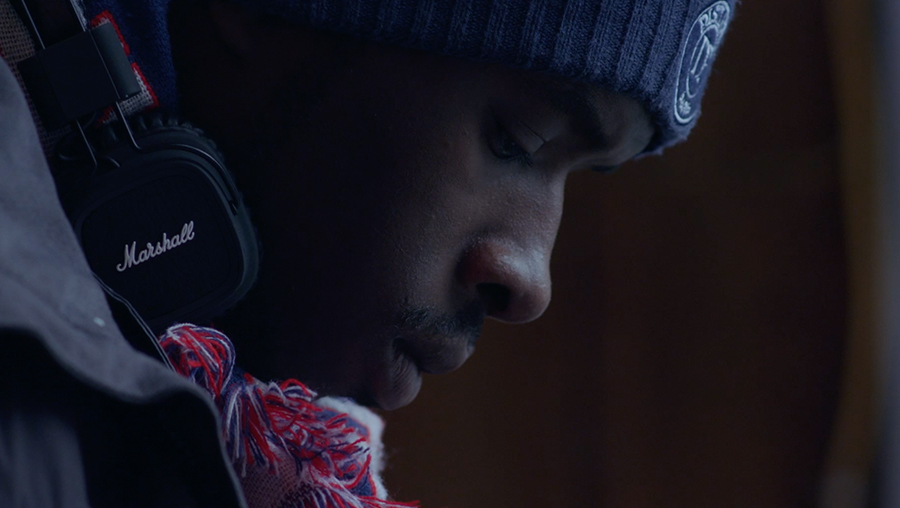
Towards Tenderness (2016) // Bodily Function (1995)
Alice Diop // Jocelyn Taylor · 113m // 14m · DCP // Digital
Alice Diop’s Towards Tenderness features audio interviews with four young men about sex and masculinity overlaid with images of their daily lives. Three narratives exploring sexual expression and body image interweave in queer filmmaker Jocelyn Taylor’s Bodily Function. Puk Nini by Fanta Régina Nacro—the first Burkinabè woman to direct a feature film—highlights women’s independence and solidarity, showing adultery from men and women’s viewpoints.
Sponsored by South Side Projection and Arts + Public Life
7:00PM Monday, May 16th
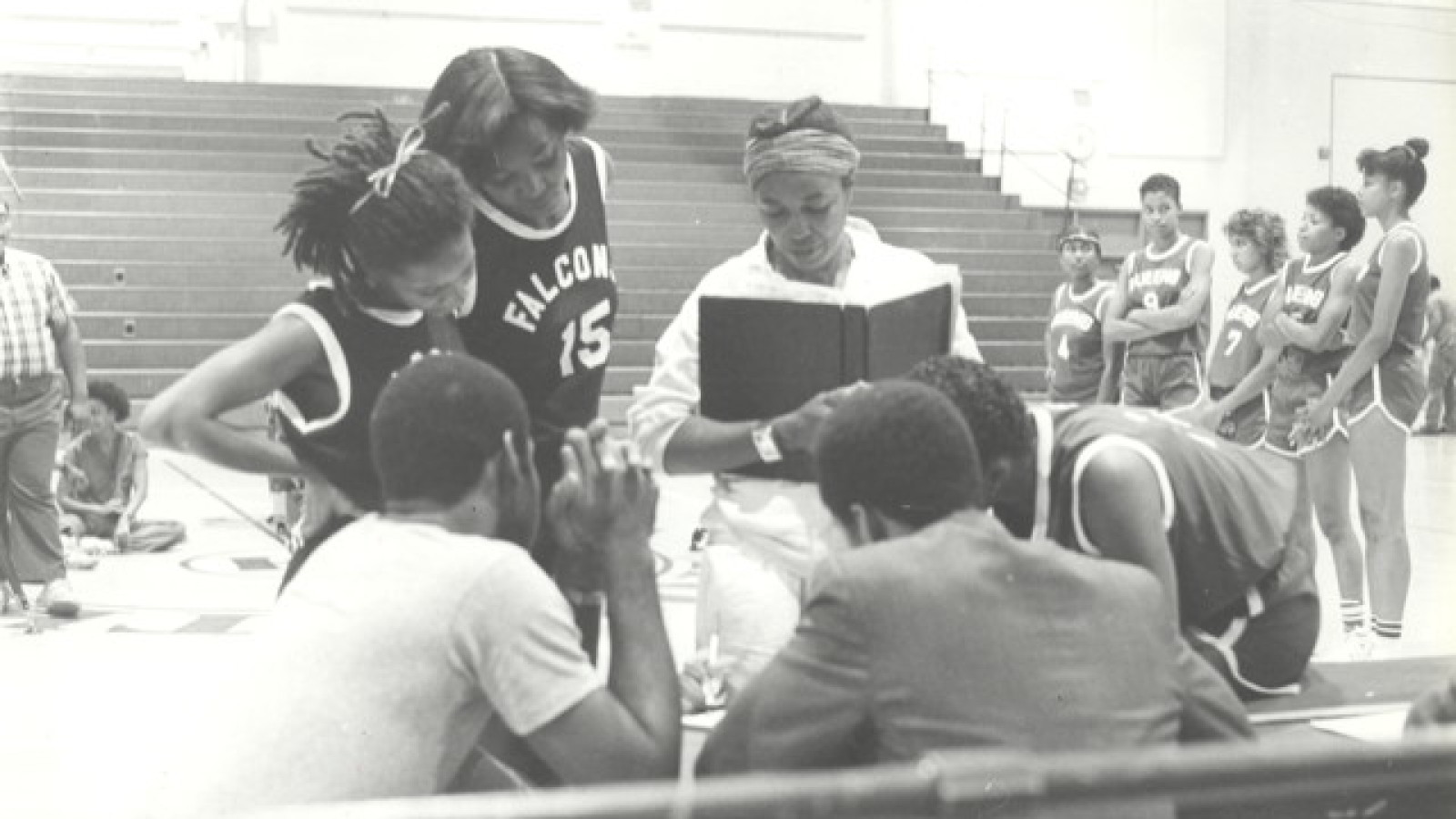
An Open Window (2005) // Killing Time (1979) // Twice as Nice (1989)
Khady Sylla // Fronza Woods // Jessie Maple · 52m // 15m // 70m · Digital // 16mm // DCP
An Open Window is a film about mental illness among Dakar’s street wanderers. After shooting, Sylla fell ill, “seeing what others don’t see—the dislocated eye, the ancientness of the glass bubble, a sky descended too low, a horizon far too near. I was living the experience from the inside.” Fronza Wood’s Killing Time is a dark comedy about finding the right outfit to commit suicide in. The New Yorker calls it “among the best short films ever made." After becoming the first Black woman in the New York camera operators' union, Jessie Maple turned to directing. In Twice As Nice, twin basketball players compete to become the first woman in the “MBA.” The film stars real-life powerhouses Pamela and Paula McGhee, who led USC to back-to-back NCAA championships in the 1980s, and Cynthia Cooper-Dyke. Preceded by Onwurah’s Coffee Coloured Children, an affecting meditation on internalized racism.
TWICE AS NICE initial screening (on 4/11/22) cancelled due to booking issues. Sponsored by South Side Projection and Arts + Public Life. Introduction by Danielle Scruggs
7:00PM Monday, May 23rd
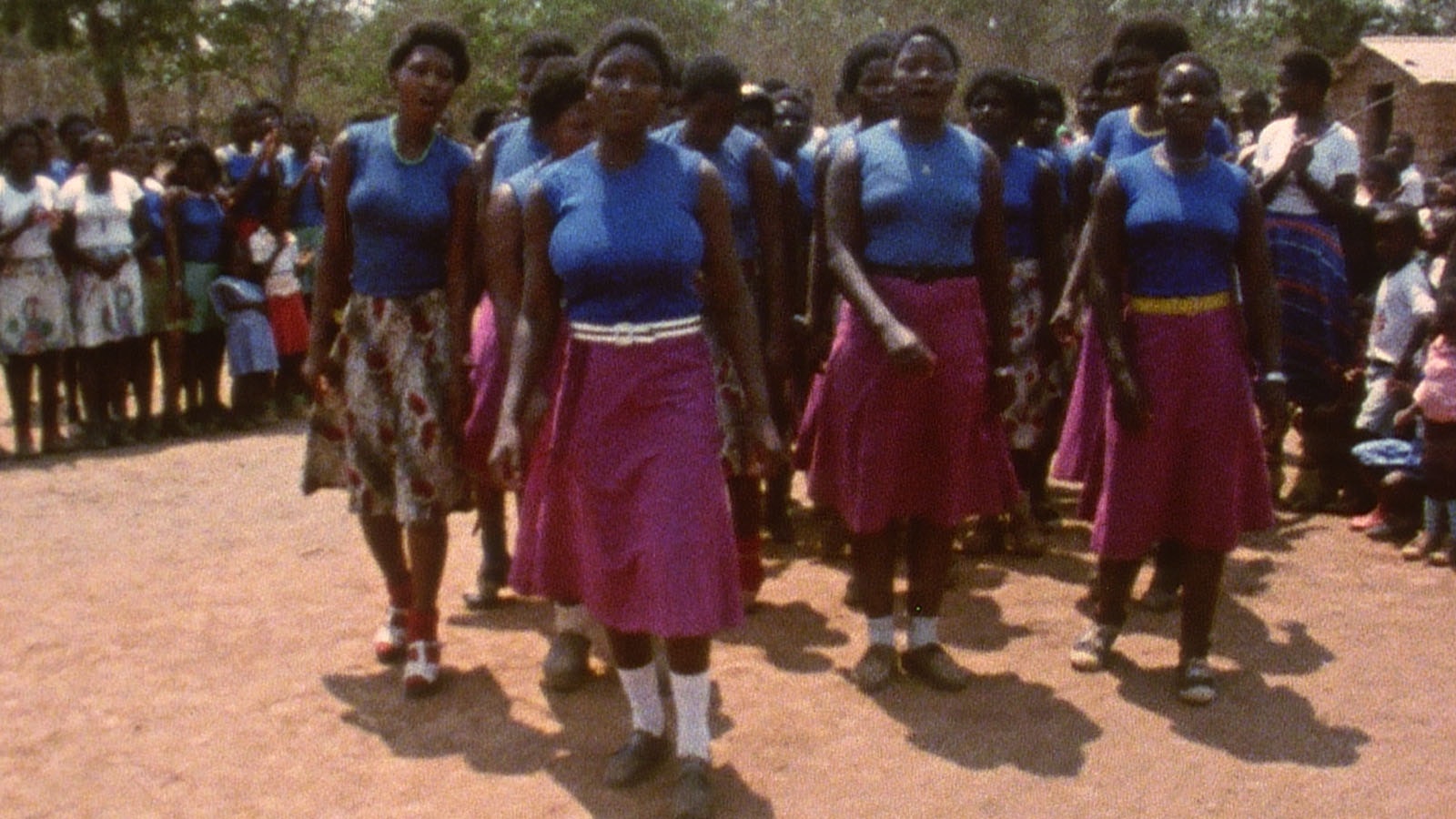
I Am Somebody (1970) // Namibia: Independence Now! (1985)
Madeline Anderson // Pearl Bowser · 28m // 55m · DCP // Digital
In I am Somebody, Madeline Anderson, the first Black woman to make a televised documentary, chronicles a 100-day strike by Black women hospital workers in Charleston, SC. Namibia: Independence Now!, made by the storied Third World Newsreel collective, highlights women's centrality to the Namibian liberation movement against South African exploitation through scenes of life in exile and the testimonies of South West Africa People’s Organization members.
Sponsored by South Side Projection and Arts + Public Life






